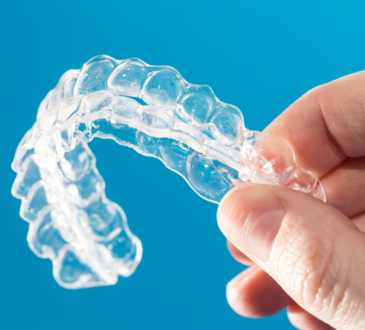
Dental implants have revolutionized modern dentistry, offering a permanent solution to tooth loss that restores both function and aesthetics. If you’re considering dental implants, it’s crucial to weigh their advantages and disadvantages to make an informed decision about your oral health. This article delves into the pros and cons of dental implants, exploring everything from their benefits to potential drawbacks.
Pros of Dental Implants
1. Long-term Solution
Dental implants are designed to be a long-term solution for missing teeth. Unlike dentures or bridges that may need replacement over time, implants are durable and can last a lifetime with proper care. This longevity makes them a cost-effective option in the long run.
2. Improved Aesthetics
One of the significant advantages of dental implants is their natural appearance. They are crafted to blend seamlessly with your natural teeth, enhancing your smile and facial structure. This aesthetic improvement can boost self-confidence and improve overall quality of life.
3. Enhanced Oral Health
Implants don’t require altering adjacent teeth, unlike bridges that rely on neighboring teeth for support. This preserves more of your natural teeth, promoting better oral hygiene and reducing the risk of future dental issues.
4. Superior Functionality
Unlike removable dentures, which can slip or shift while eating or speaking, dental implants function like natural teeth. They provide stability and chewing efficiency, allowing you to enjoy your favorite foods without restrictions.
5. Bone Health Preservation
When a tooth is lost, the underlying jawbone can deteriorate over time due to lack of stimulation. Dental implants integrate with the jawbone through a process called osseointegration, preserving bone density and maintaining facial structure.
6. Comfort and Convenience
Implants become a permanent part of your mouth, eliminating the inconvenience of removing dentures for cleaning or sleeping. They provide comfort and stability, allowing you to speak and eat comfortably without worrying about slippage.
7. High Success Rate
Advancements in dental technology and techniques have significantly increased the success rate of dental implant procedures. When performed by a skilled dentist for instance tandimplantat stockholm and with proper post-operative care, implants have success rates exceeding 95%.
Cons of Dental Implants
1. Cost
Dental implants tend to be more expensive than other tooth replacement options such as bridges or dentures. The cost can vary based on factors like the number of implants needed, additional procedures required (like bone grafting), and your geographical location.
2. Surgery Risks
Implant placement involves a surgical procedure, which carries inherent risks such as infection, nerve damage, or damage to surrounding teeth or structures. While complications are rare, they can occur and should be discussed with your dentist beforehand.
3. Time-Consuming Process
Getting dental implants is not a quick fix. The process typically involves multiple appointments spread over several months. This includes initial consultations, implant placement surgery, healing periods (for osseointegration), and finally, placing the prosthetic tooth or crown.
4. Not Suitable for Everyone
Certain medical conditions or lifestyle factors may affect your suitability for dental implants. For example, heavy smokers, individuals with uncontrolled diabetes, or those with significant jawbone loss may not be ideal candidates. Your dentist will assess your overall health and bone structure to determine if implants are right for you.
5. Potential Complications
While rare, complications such as implant failure (where the implant doesn’t fuse with the bone properly) or peri-implantitis (inflammation and infection around the implant) can occur. Regular dental visits and good oral hygiene are crucial to minimize these risks.
6. Maintenance Requirements
Although implants are low-maintenance compared to dentures, they still require proper care. This includes regular brushing, flossing, and routine dental check-ups to ensure the longevity of both the implant and surrounding teeth.
7. Psychological Adjustment
Some individuals may experience a psychological adjustment period after getting implants, especially if they’ve been living with missing teeth for some time. Adjusting to the new sensation and appearance of implants may take time and patience.
Conclusion
Dental implants offer a reliable and durable solution for replacing missing teeth, providing numerous benefits such as improved aesthetics, enhanced functionality, and better oral health. However, they also come with considerations such as cost, surgery risks, and the time-consuming nature of the treatment process.
Ultimately, the decision to get dental implants should be made in consultation with your dentist, taking into account your oral health needs, budget, and personal preferences. With proper care and regular dental visits, dental implants can significantly improve your quality of life by restoring your smile and oral function effectively.
Whether you’re exploring options for tooth replacement or weighing the pros and cons of dental implants, understanding these factors can help you make a confident and informed choice about your dental health.




